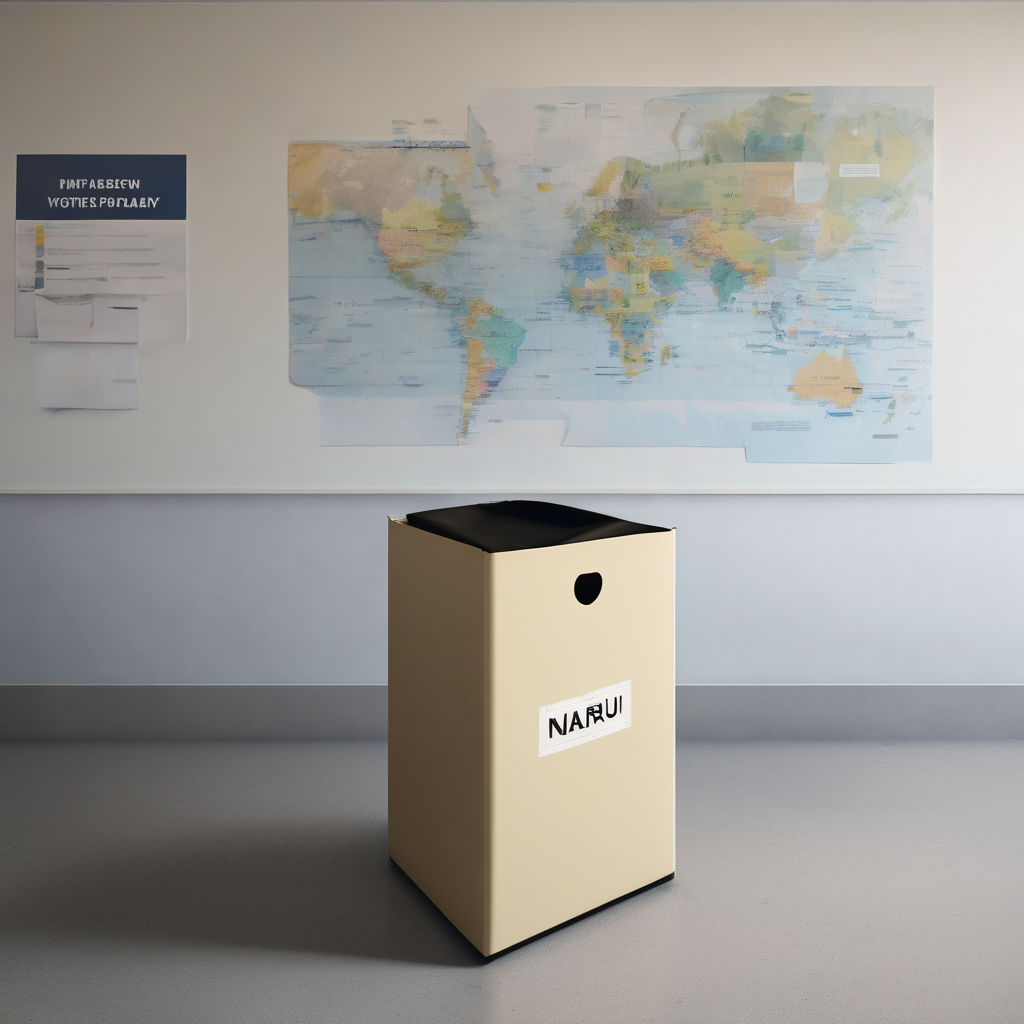Nauru’s recently held national referendum has led to a pivotal decision as voters decisively rejected the proposal to extend the parliamentary term from three years to four. This referendum took place concurrently with the general election, where 4,601 voters chose “No,” compared to 3,714 who supported the “Yes” option, effectively overturning a constitutional amendment previously approved by Parliament earlier in the year. To implement the amendment, it required a two-thirds majority from referendum participants, which it did not achieve.
The voting question presented to citizens asked: “Do you agree that the term of the Parliament be increased from 3 to 4 years as approved and passed by the Parliament pursuant to the Constitution (Amendment) Bill 2025?” The outcome maintains the traditional three-year term for parliamentary service in Nauru.
In conjunction with the referendum results, the Nauru Electoral Commission has been releasing updates from the ongoing general election, which shows that President David Adeang has successfully secured re-election in the Ubenide constituency, joined by colleagues Reagan Aliklik, Russ Kun, and Ranin Akua. However, Adeang’s presidency is not guaranteed, as the final decision will rest with the newly elected parliament.
This election has introduced a range of new representatives into the legislative framework. Notable victories in various constituencies include Tawaki Kam, Jesse Jeremiah, and Lionel Aingimea in Mening; Delvin Thoma and Rennier Gadabu in Aiwo; Charmaine Scotty and Isabella Dageago as representatives of Yaren; Shadlog Bernicke and Bingham Agir in Buada; as well as Timothy Ika and Marcus Stephen in Anetan. The Boe constituency elected Asterio Appi and Wanganeen Emiu, while Maverick Eoe and Pyon Deiye emerged victorious in Anabar.
Nauru’s parliamentary structure consists of 19 members elected from multi-seat constituencies, representing 14 administrative districts organized into eight constituencies. The diversity of candidates and the turnout in this election illustrate an increasing political engagement among Nauruans.
The recent electoral outcomes, along with the decision regarding the parliamentary term, highlight a community dedicated to navigating its political landscape while staying true to its governance traditions. As Nauru embarks on its political future, the emphasis on democratic engagement symbolizes a hopeful strengthening of the relationship between citizens and their government, fostering a more resilient democratic fabric.
